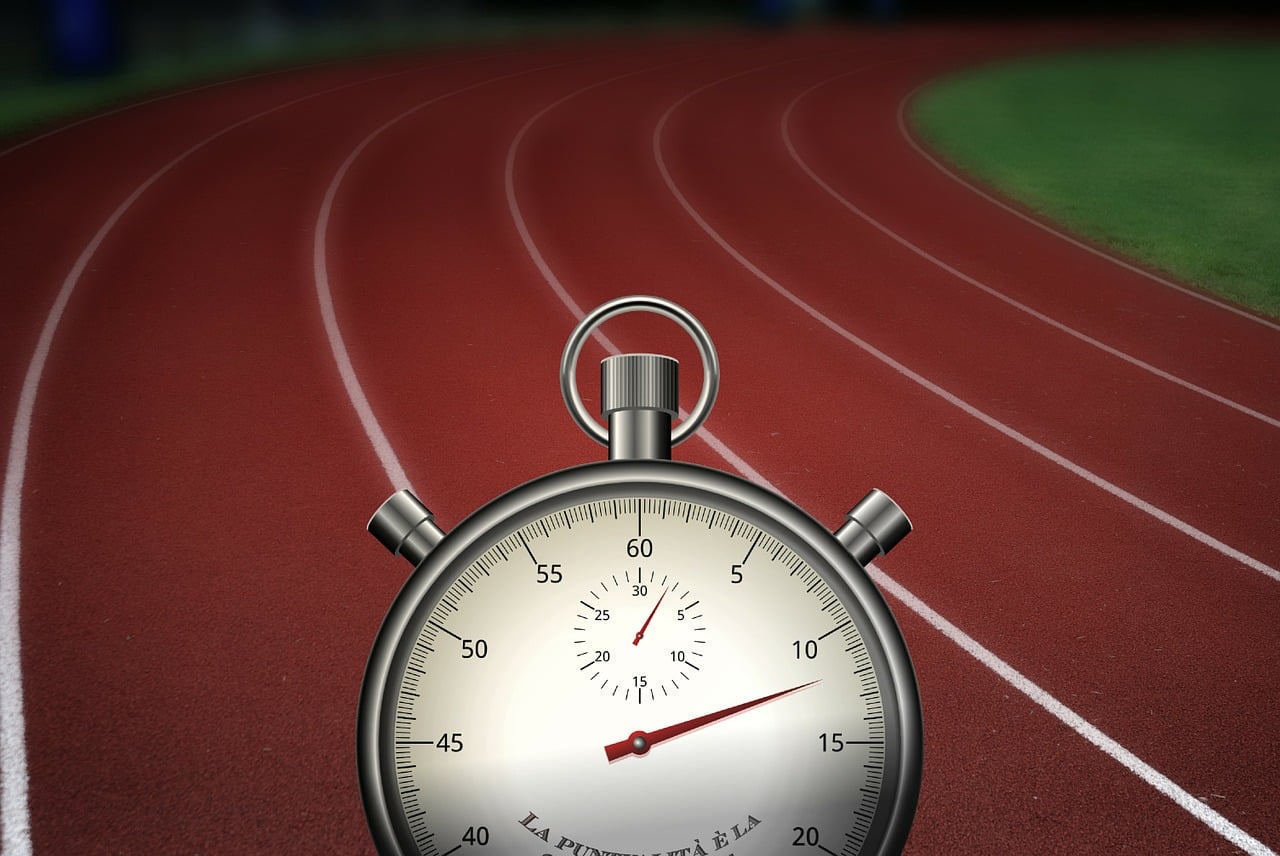If you started to run recently, whether it’s for a marathon or other running event, achieving better health, losing weight, or just to clear your head and relax, you are probably wondering at what pace you should run.

It’s important to note that there isn’t one, clear-cut, one-size-fits-most kind of an answer. In fact, there are multiple factors that can affect your running pace, such as your fitness level, age, sex, the distance you run, and even factors like the amount of sleep you get each night and the current weather. In other words, there isn’t an objectively good running pace, but a good running pace for you.
The importance of knowing your running pace
Running pace is the amount of time it takes you (on average) to run a certain distance, be it a mile or a kilometer. Thus, knowing your running pace can help you determine how long it will take you to run a specific distance. It can also help you follow and assess your improvement over time more accurately.
Knowing your running pace can also play a huge factor in your improvement journey. This knowledge will make it easier for you to set goals for yourself and determine the ideal running pace you aim for.
Achieving your optimal running pace
Many beginner runners struggle to develop a good running pace. That’s because they often start too fast, thinking that a good running pace should push them to their limits. In reality, starting to run too fast can be exhausting for inexperienced runners and prevent them from keeping trying, damaging their long-term improvement and leading to injuries.
That’s why it’s better to start slow and gradually increase your pace as it goes. You don’t even have to do it consciously. The more you train, the more you’ll notice your running pace is improving over time, making it much easier and faster for you to run the same amount of distance.
Another good way to achieve it is by calculating your target heart rate (the recommended heartbeat for physical activity) and evaluating your progress based on that.
And most importantly, you need to remember your body knows its limits, so it’s best to listen to it whether you are running too fast or can add more challenge while still feeling at ease enough to keep going. Remember, the goal of finding your optimal running pace isn’t to exhaust yourself in the process, but to get to a comfortable and healthy running pace that feels like you can keep going like that forever.



